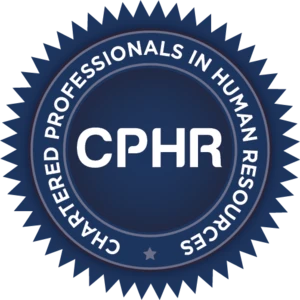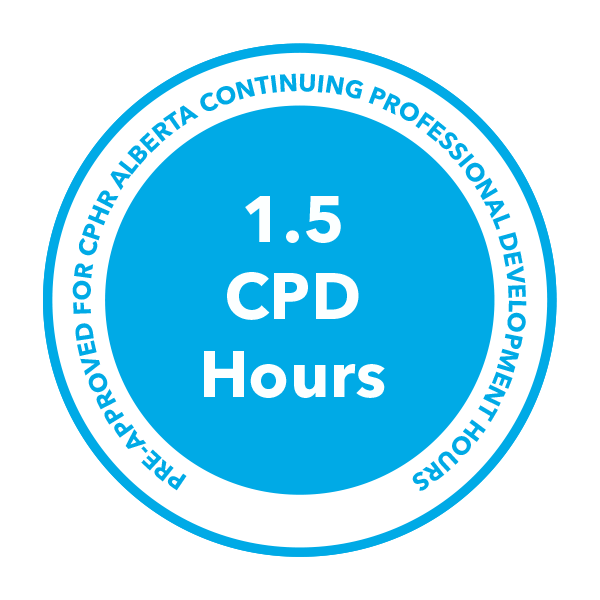$595.00Add to cart
Includes: Webinar Recording with all Associated Materials
March 4, 2021
The questions of whether discipline is warranted and what constitutes an appropriate penalty are perennially contentious issues for workplace parties. These issues are further compounded by the fact that disciplinary sanctions change in accordance with evolving societal attitudes, with some forms of misconduct meriting harsher disciplinary consequences than in the past. In this session, experienced counsel will explore recent disciplinary decisions, with a focus on the following current issues:
- What is the test to establish benefit fraud? Is benefit fraud always incompatible with continued employment? What are some aggravating factors that weigh against reinstatement? Failure to demonstrate complete honesty when the scheme is uncovered? The nature of the offence and magnitude of the conduct? Lack of candour at a hearing?
- In what circumstances will an employer be justified in disciplining a worker for off-duty misconduct? What type of evidence is required to establish that off-duty conduct has harmed an employer’s business interests, including its reputation? Will an employer be required to establish that continuing to employ the worker will result in actual harm to its reputation, or will the potential for harm be sufficient?
- What are some examples of misconduct that, due to changing social norms and new legislative protections, is now considered to deserve more severe disciplinary penalties than may have been previously imposed?
- What factors do arbitrators consider when assessing the appropriate disciplinary penalty for harassing behaviour? Are arbitrators receptive to arguments that complainants failed to protest or clearly state that the behaviour made them uncomfortable when determining whether conduct constitutes harassment?
- Will a workplace’s “rougher” culture provide an excuse or be considered a mitigating factor for bullying or abusive behaviour? Are arbitrators moving away from downplaying demeaning behaviour and slurs, characterizing them as “shop talk” or “locker room talk”?
- How significant is remorse as a factor when assessing the disciplinary penalty? Are there any measures that workers should consider taking to demonstrate that they are truly remorseful?

This program has been approved for Continuing Professional Development 1.5 hours under Category A of the Continuing Professional Development (CPD) Log of the Human Resource Professionals Association (HRPA).

This program has been approved by CPHR BC & Yukon for 1.5 Continuing Professional Development hours.

This program has been approved by CPHR Alberta for 1.5 Continuing Professional Development hours.
- CPD for Members of the Law Society of Ontario: 1.5 Substantive Hours; 0 Professionalism Hours.
- Members of the Law Society of New Brunswick may count this program for 1.5 Continuing Professional Development hours.
- Members of the Nova Scotia Barristers’ Society may count this program for 1.5 Continuing Professional Development hours.

